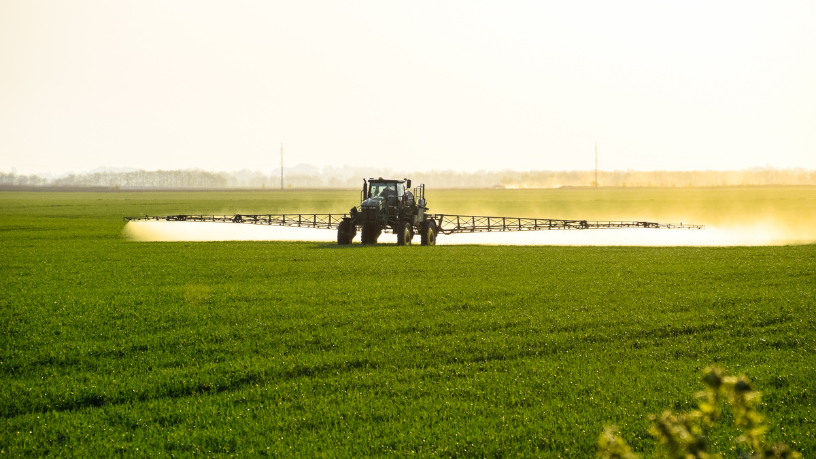According to Mr. Aldo Vendramin, the search for more sustainable farming practices has led to the growing adoption of biofertilizers. Unlike chemical fertilizers, which can cause soil degradation and water contamination, biofertilizers are natural products rich in beneficial microorganisms. They improve soil fertility, promote plant growth, and reduce negative environmental impacts.
But do you know exactly how these natural inputs contribute to agricultural production and environmental preservation? Find out more below:
How Do Biofertilizers Increase Agricultural Productivity?
Biofertilizers contain living microorganisms, such as bacteria and fungi, that help fix nutrients in the soil. One example is biological nitrogen fixation, where bacteria in biofertilizers capture nitrogen from the air and make it available to plants. This process reduces the need for synthetic fertilizers and improves crop development.
Furthermore, as Aldo Vendramin points out, these natural products strengthen the root system of plants, making them more resistant to pests and diseases. This results in more stable and higher-quality production with less need for pesticides. In this way, biofertilizers not only increase productivity but also reduce costs for farmers.
How Do Biofertilizers Help Preserve the Environment?
Unlike chemical fertilizers, which can contaminate groundwater and degrade the soil, biofertilizers work in harmony with nature. Since they are composed of living microorganisms, they stimulate soil biodiversity and prevent compaction, improving its structure. This keeps agricultural ecosystems healthier and more productive in the long term.

As businessman Aldo Vendramin highlights, another important environmental benefit is the reduction of greenhouse gas emissions. The production and application of chemical fertilizers release large amounts of carbon and nitrogen oxides into the atmosphere. Biofertilizers, however, minimize this impact, contributing to more sustainable agriculture aligned with global environmental goals.
Can Biofertilizers Replace Chemical Fertilizers?
While biofertilizers are a more sustainable alternative, completely replacing chemical fertilizers depends on the type of crop and soil conditions. As Aldo Vendramin explains, in some fields, combining biofertilizers with reduced doses of synthetic fertilizers may be the best strategy to maintain productivity while preserving the environment.
However, advances in biotechnology are making biofertilizers increasingly effective. Studies show that with proper management, it is possible to achieve high yields without relying on harsh chemicals. Thus, the future of agriculture may increasingly be based on natural solutions, ensuring healthy food and a more balanced planet.
Conclusion
Biofertilizers represent a major step toward more sustainable and productive agriculture. By supplying essential nutrients to plants without the negative impacts of chemical fertilizers, they help protect the soil, reduce pollution, and improve food quality. For Aldo Vendramin, this shift in approach is essential to ensuring food security and environmental preservation.
Author: Halabeth Gallavan
Source: Saftec Digital Communications Advisory







